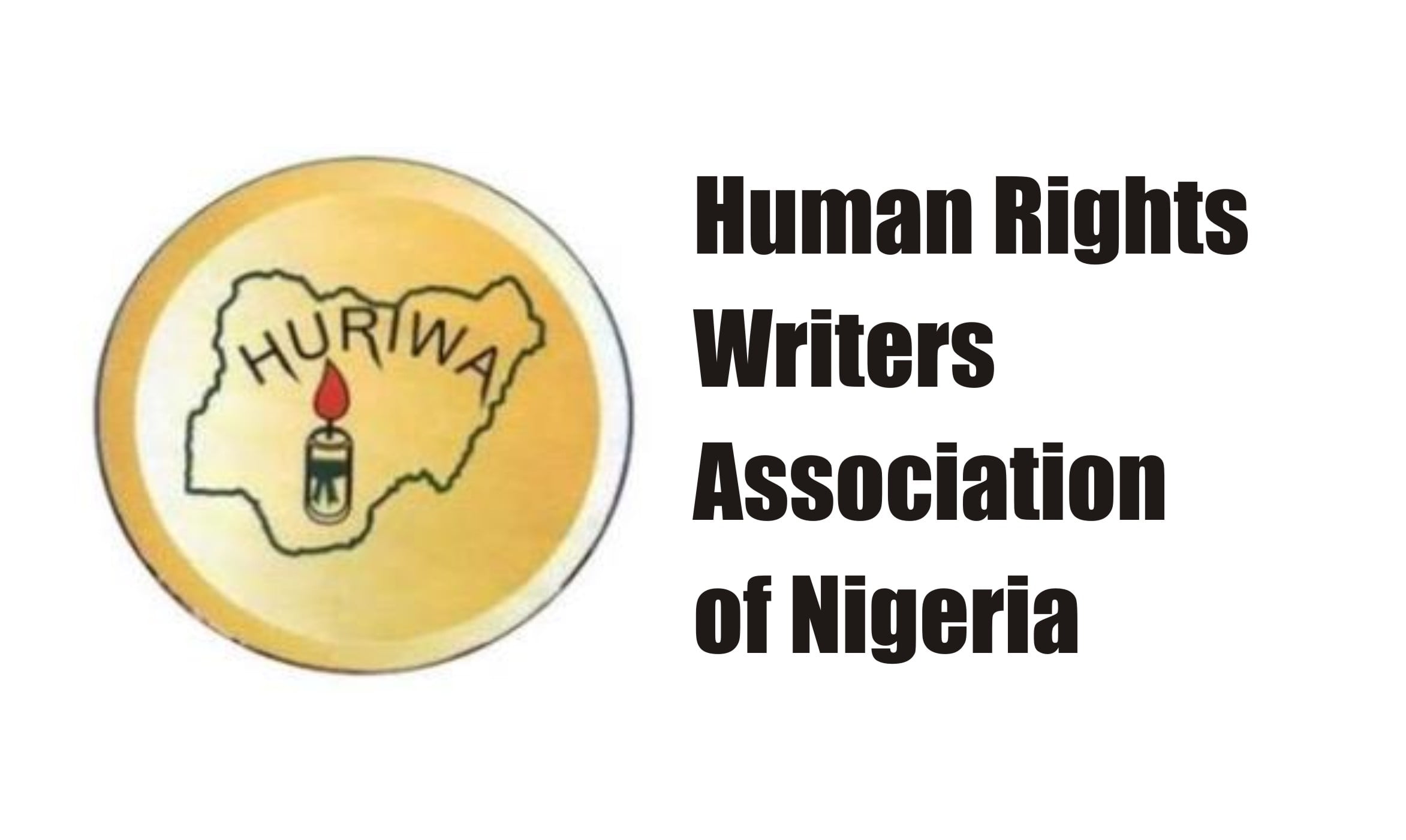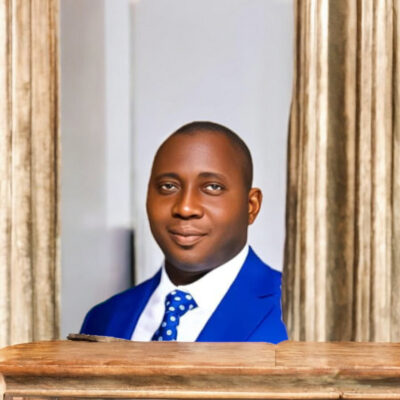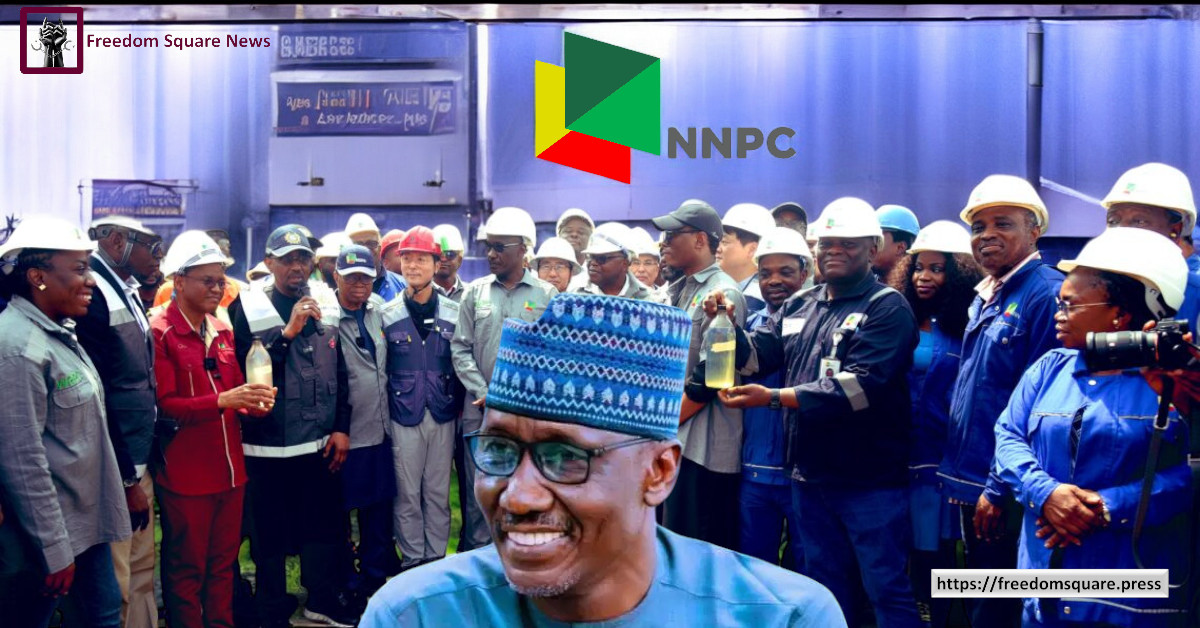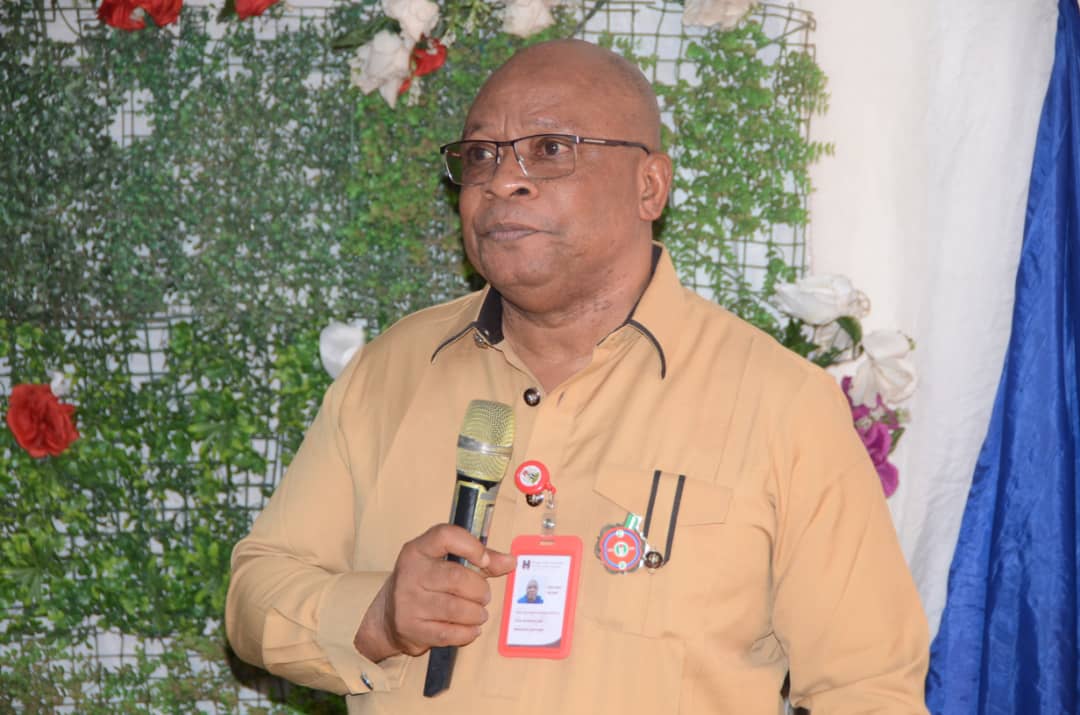In the wake of recent events, the Human Rights Writers Association of Nigeria (HURIWA) is raising critical questions about the Nigerian Army’s stance on the alleged collaboration between ex-Niger Delta militant leader Mujahid Asari-Dokubo and his private security outfit.
This development comes after HURIWA’s earlier coverage, where the Nigerian Army distanced itself from any partnership with Asari-Dokubo’s private military company.
As previously reported by Freedom Square News, the Nigerian Army officially disassociated itself from any association with Asari-Dokubo’s private army. However, this response, as noted by the association, falls short of addressing the profound constitutional and legal concerns tied to the presence of private militias operating within the nation.
HURIWA has taken a resolute position against the existence of private militias on Nigerian soil, irrespective of their connections or affiliations, and has deemed such undertakings not just legally unsound but also treasonous and intolerable. The central query raised by HURIWA questions whether any individual, including Asari-Dokubo, can wield enough influence to place themselves above the established authority, warranting leniency from the Nigerian Army.
The inconsistency in the Nigerian Army’s approach is evident to HURIWA. The group has highlighted the contrasting manner in which the Army addresses different armed groups. Notably, while the Army labeled the Indigenous Peoples of Biafra (IPOB) as terrorists, its reaction to Asari-Dokubo’s private militia appears ambiguous. Asari-Dokubo has boldly asserted that his militia is engaged in combating Boko Haram in the North East, adding a layer of complexity to the situation.
HURIWA has emphasized that such double standards erode the confidence of millions of Nigerians in the nation’s unity. The perception of selective treatment, where certain individuals are permitted to establish armed groups while others face severe consequences for comparable actions, fosters distrust and discord.
Strongly opposing the Nigerian Army’s response, HURIWA urges the institution to substantiate Asari-Dokubo’s claims and verify the legitimacy of his private military company’s possession of firearms.
Particular concern centers around Asari-Dokubo’s recent statements during a podcast interview. He declared that his private military company collaborates with the government and operates jointly with the military in several states. HURIWA remains skeptical about the accuracy of these assertions, raising concerns about the possibility of clandestine collaborations between Asari-Dokubo’s private militia and the Nigerian military. The association has linked these alleged affiliations to the rise of “unknown gunmen” perpetrating disturbances in the South East, compelling the Nigerian Army to provide comprehensive transparency and clarity on these allegations.
In a comprehensive statement issued on Friday, HURIWA’s National Coordinator, Comrade Emmanuel Onwubiko, demanded an exhaustive inquiry into Asari-Dokubo’s statements. This demand gains significance amid the ongoing security challenges in the South East, attributed to “unknown gunmen.”
As the nation grapples with these intricate revelations, the spotlight remains fixed on the Nigerian Army’s response, underscoring the necessity for transparency and accountability to ultimately prevail.




